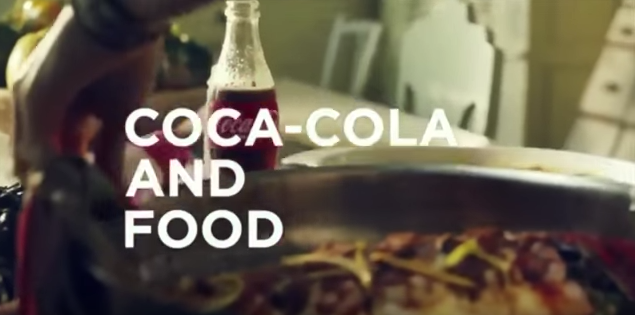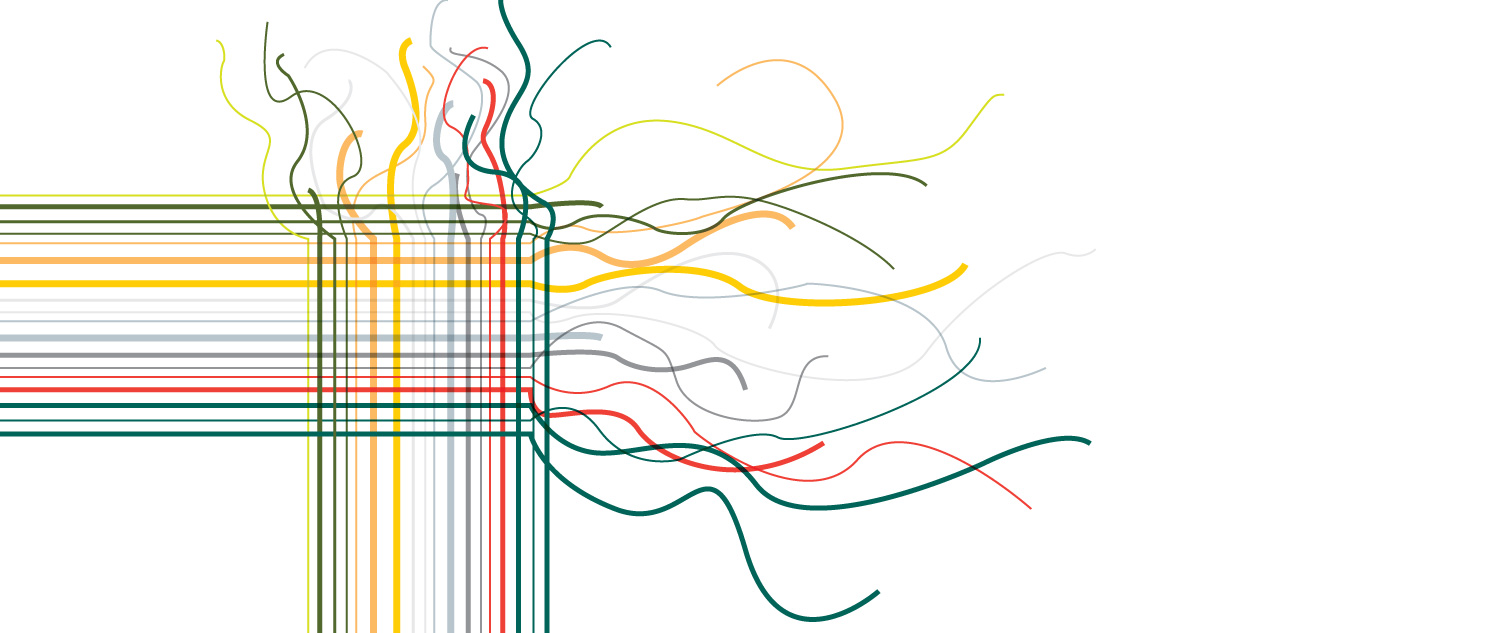
May
Diversity Without Pity #31 | Coca-Cola ‘Love Story’ Ad
[responsivevoice_button voice=”UK English Female” buttontext=”Listen to Post”]
Recently Pepsi and Heineken attempted to respond to current political discourse with two rather polarizing ads, one of which was eventually pulled.
There are some people who are never going to like any form of advertising. This, or any ad featured in DWP, is not for them. This is for people who make their living from advertising, like telling stories and experiences, but want to do it in an honest way. To them I say:

While these social justice-minded ads appeal to some, they wind up becoming fiascos because they are trying to position their brands in a part of our lives where we are fighting for basic humanity, for a product that’s really only meant to help us enjoy our lives.
Advertisers Have Always Co-Opted the Counterculture
That’s perfectly fine! Remember that the Ad Age boom of the 1950s and 1960s began after World War II, which was provided a less-bleak, hopeful new future in the face of loss and tragedy. Life is not only about simple survival. We need to be reminded that life is worth living when we can enjoy it.
Instead, look at the Coca-Cola Superbowl ad that positions the soft drink as part of a meal. It capitalizes on cooking and “foodie” culture (something people enjoy) by connecting you to their product. It says “If you haven’t considered pairing your homemade burger with a Coca-Cola, consider it now.”
It’s dignified, honest, and stays in it’s damn lane.
”Life is not only about simple survival. We need to be reminded that life is worth living when we can enjoy it.
People are smart, and know when they’re being advertised to. Vance Packard‘s 1957 landmark book, The Hidden Persuaders was such a revelation at the time because it pulled back the curtain of how Madison Avenue ad men like himself tricked people into buying products they did not really need. More than 60 years later, audience cynicism has grown to the point where people know they’re being sold a product, and don’t care if they’re being deceived. The downside is that some may buy any message, even that if message is “Fight The Power…Maybe!”
But the upside is that they will not show up with virtual pitchforks at your door — costing millions in PR-fixing and wasted creative labor — if you simply say you make a delicious beverage that’s good with a meal.
Diversity Without Pity is a blog series from IDSL, highlighting media that uses smart design, and considers the diversity of it’s casting without selling the viewer or consumer, short.


